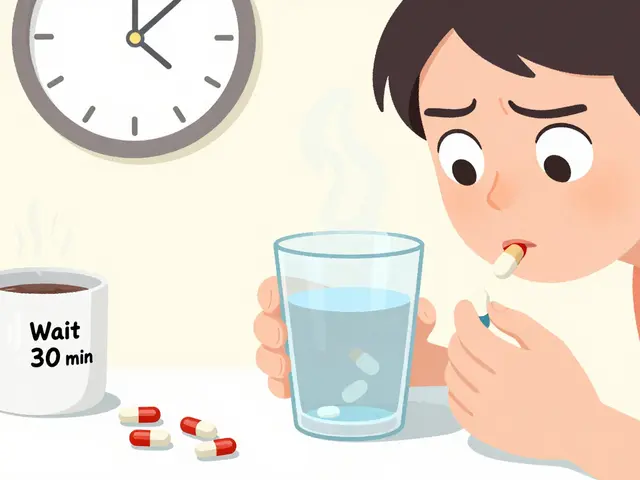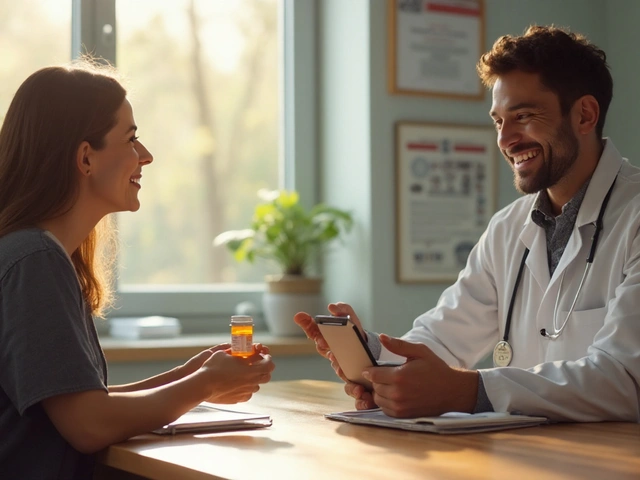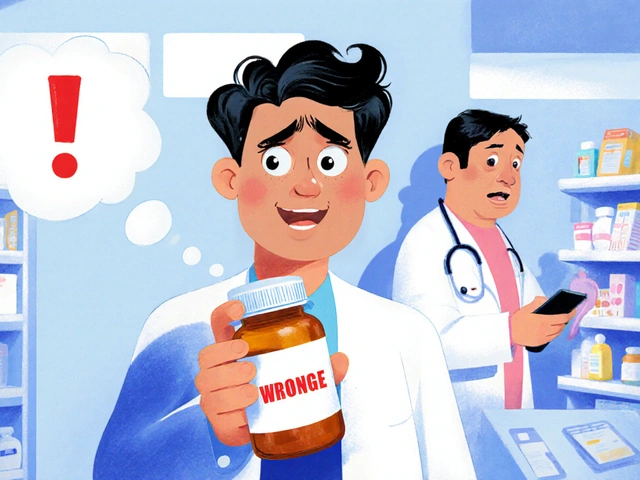Safety Tips for Medications & Supplements
If you’ve ever wondered whether the pill you’re about to take is truly safe, you’re not alone. From prescription drugs to over‑the‑counter supplements, a little extra caution can protect your health and wallet.
How to Spot Safe Online Pharmacies
Buying meds online feels convenient, but not every site plays by the rules. Look for a clear pharmacy license, a valid address, and a pharmacist’s contact info. If a website offers prescription drugs without asking for a doctor’s note, that’s a red flag. Check reviews on independent forums rather than just the site’s testimonial page.
When you find a legit shop, make sure they use encrypted checkout (you’ll see https:// in the URL). This keeps your payment info private. Also, compare prices with known retailers – if something is dramatically cheaper, it might be counterfeit.
Reading Labels and Understanding Dosage
Even a perfectly sourced product can become unsafe if you misread the label. Pay attention to active ingredients, strength, and expiration date. For supplements, check for third‑party testing symbols like USP or NSF; they show the product has been verified.
If the dosage seems unusually high or low compared to what your doctor prescribed, pause and call a pharmacist. It’s easier to ask a quick question than to risk an overdose or ineffective treatment.
Never mix medications without checking for interactions. A simple online interaction checker can flag dangerous combos – but it’s best to confirm with a healthcare professional who knows your full medical history.
Storing Your Meds the Right Way
Storage matters more than many realize. Heat, moisture, and light can degrade drugs quickly. Keep pills in their original containers, away from the bathroom sink and out of reach of kids or pets.
If a medication requires refrigeration, label the fridge shelf so you don’t forget. When a drug reaches its expiration date, dispose of it safely – many pharmacies offer take‑back programs.
When to Trust Your Instincts
Feel something is off? Trust that feeling. A vague warning sign might be an unclear website policy or a missing batch number on the label. In those cases, stop the purchase and look for another source.
Talking to your pharmacist can clear up doubts fast. They can verify if a product is genuine, explain side effects, and suggest safer alternatives when needed.
Remember, safety isn’t just about avoiding fake pills; it’s about making informed choices at every step – from buying, to reading, to storing, to taking your medication.
Quick Safety Checklist
- Verify the pharmacy’s license and contact info.
- Use secure (https) payment pages.
- Read the label for active ingredients, strength, and expiry.
- Check for third‑party testing on supplements.
- Store meds as directed – cool, dry, out of reach.
- Consult a pharmacist or doctor before mixing drugs.
Following these steps can keep you on the safe side while you manage your health. Stay smart, stay healthy, and don’t let unsafe practices slip into your routine.
Disoproxil for Children: Dosage, Safety, and Effectiveness
As a parent, I've been researching Disoproxil for children and I've discovered some important information regarding its dosage, safety, and effectiveness. It's essential to follow the recommended dosage based on the child's weight, as overdosing may lead to unwanted side effects. In terms of safety, Disoproxil is generally well-tolerated, but it's always best to consult a healthcare professional before starting any new medication. The effectiveness of Disoproxil in children varies, and clinical studies have shown promising results in treating certain conditions. However, it's crucial to remember that every child's response to the medication can be different, and ongoing monitoring is essential.





